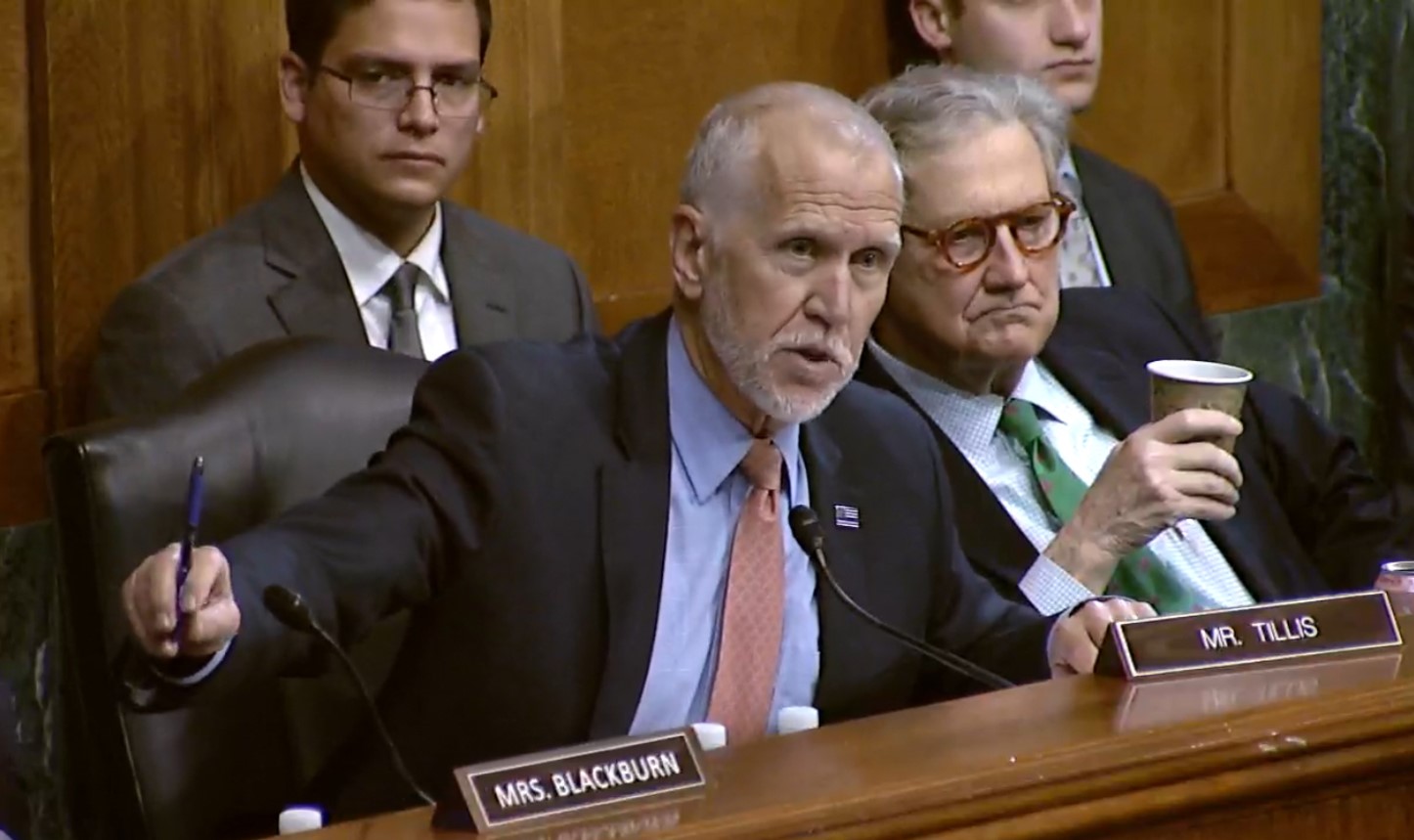Private equity firms would do well to heed the warning given by SEC Enforcement Director Andrew Ceresney during a May speech that the SEC was “intensifying” its focus on them.
Since his speech at the Securities Enforcement Forum West in San Francisco, at least one large settlement with private equity advisors, totaling more than $50 million, has been announced, adding to the pile of private equity settlements the agency started accumulating in 2015.
Private equity firms wondering how to avoid being caught under the SEC’s microscope would be wise to examine the recent enforcement actions, as they demonstrate a number of deal characteristics that have been grabbing the SEC’s attention.
Some of these include:
- Allocation of Transaction Fees
In August 2016, the SEC settled with a PE advisor for a $2.3 million penalty following voluntary reimbursement, with interest, of nearly $12 million in management fee credits. In providing various services to portfolio companies, the advisor earned certain transaction fees. Under the terms of the limited partnership agreements, the advisor was to offset the management fee it charged the funds by 50% of the fees earned.
The LPAs did not specify how the advisor was to allocate such fees in situations involving multiple funds and co-investors investing in the same portfolio companies. The advisor retained 60% of such fee from a co-investor for negotiating, advising, and structuring a transaction. The SEC faulted the advisor for not disclosing its practice and interpretation of LPA language the SEC conceded was “ambiguous.”
- Accelerated Monitoring Fees
In a second settlement announced August 2016, four private equity fund advisors paid $52.7 million in an action which alleged that the advisors failed to properly disclose to investors the practice of taking accelerated fees. Specifically, the private equity firm entered into “monitoring agreements” with portfolio companies that allowed the firm to charge monitoring fees to the portfolio company in exchange for rendering certain consulting and advisory services. The monitoring agreements allowed the firm to terminate the monitoring agreement and accelerate the remaining years of monitoring fees, which it received as “termination payments.”
While the firm disclosed its ability to collect these acceleration fees, it did not disclose its practice of taking acceleration fees until after it had already taken the fees. Notably, another settlement regarding accelerated monitoring fees was also announced in October 2015 and a probe into another firm regarding accelerated fees was reported this month.
- Broken Deal Expenses
The SEC has also scrutinized misallocation of broken deal expenses (diligence expenses related to unsuccessful buyout opportunities) to an advisor's private equity funds. Under some limited partnership agreements, fund managers are permitted to be reimbursed by funds for broken deal expenses that are incurred “by or on behalf of” the fund.
However, when firms fail to allocate broken deal expenses to the firm’s co-investors or fail to disclose not allocating broken deal expenses to co-investors, even if the co-investors participated in and benefitted from the expenses, the SEC takes issue.
- Rerouting Fees to Avoid Offsets
In another case involving monitoring fees, a private equity firm and certain executives paid $10.2 million to settle an action that claimed the firm rerouted fees to an affiliate and avoided providing the benefits of the fees to the client through an offset. The firm originally had monitoring agreements with its portfolio companies to obtain monitoring fees for providing management services, and those fees were to be offset against the client’s advisory fees.
Terminating those original agreements, the firm caused the portfolio companies to enter into monitoring agreements with the firm’s affiliates and then failed to provide any further offsets.
- Allocation of Firm’s Registration Expenses to Investor
An action alleging the misallocation of the private equity firm’s registration expenses to client funds was settled in November 2015 for $100,000. According to the SEC’s allegations, the firm incurred consulting, legal and compliance-related expenses in the course of preparing for registration as an investment advisor, complying with obligations as an investment advisor and responding to investigation requests. The firm caused the client funds to pay for almost $500,000 of those expenses.
Although the limited partnership agreements disclosed that the client funds could be charged for expenses in the “good faith judgment” of the general partner, there was no disclosure that the client funds would be charged for the firm’s legal and compliance expenses.
Whether in limited partnership agreements, subscription agreements, Form ADVs or elsewhere, the SEC scrutinizes any difference between what managers said they would do and what they actually did—particularly when the manager enjoys a financial benefit as a result. With the SEC pushing the legal envelope through settled actions, it pays investment advisors to stay well within the lines.
Jenifer Doan, an attorney with Paul Hastings, contributed to this article.
Complete your profile to continue reading and get FREE access to CUTimes.com, part of your ALM digital membership.
Your access to unlimited CUTimes.com content isn’t changing.
Once you are an ALM digital member, you’ll receive:
- Breaking credit union news and analysis, on-site and via our newsletters and custom alerts
- Weekly Shared Accounts podcast featuring exclusive interviews with industry leaders
- Educational webcasts, white papers, and ebooks from industry thought leaders
- Critical coverage of the commercial real estate and financial advisory markets on our other ALM sites, GlobeSt.com and ThinkAdvisor.com
Already have an account? Sign In Now
© 2024 ALM Global, LLC, All Rights Reserved. Request academic re-use from www.copyright.com. All other uses, submit a request to [email protected]. For more information visit Asset & Logo Licensing.









